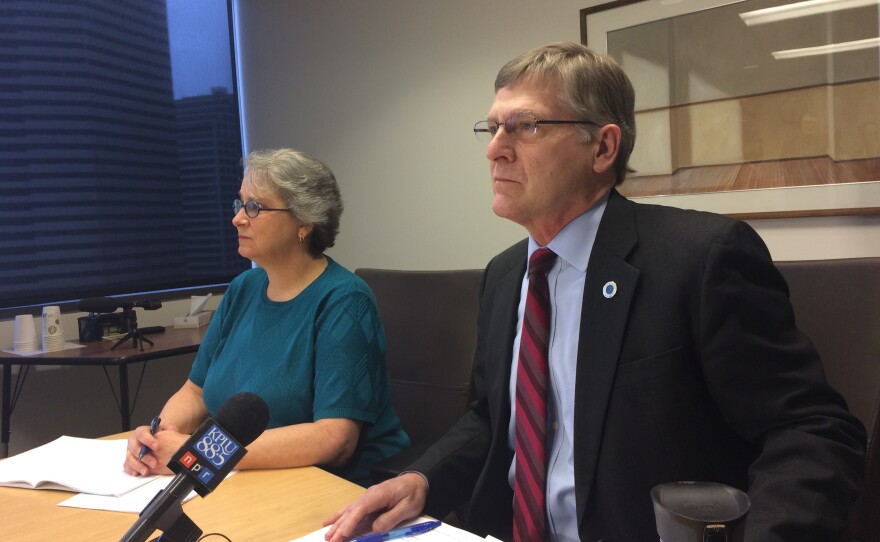Monsanto was the sole producer of PCBs in the United States from 1935 to 1979. That’s according to a lawsuit filed against the company.
The City of Seattle has joined forces with five other cities in the suit, all of which are aiming to hold the Monsanto Company responsible for costs required of them under environmental laws on the state and federal levels. The concern is PCBs, or polychlorinated biphenyls in sediments and drainage infrastructure.
At issue is toxic pollution that sticks around for decades – and who’s responsible for the costs of cleaning it up. Seattle’s Duwamish River is a Superfund site and the PCBs there are one of the major culprits. The city says it needs to spend at least $27 million on cleanup of soil contamination, which covers about 20,000 acres. That's because of a consent decree issued by the U.S. Environmental Protection Agency and the Washington Department of Ecology, requiring removal of PCBs from storm water.
Laura Wishik is the environmental attorney on the case. She joined City Attorney Pete Holmes in announcing the suit.
“Part of what we’re accomplishing with this lawsuit is going straight to the source of the problem. Monsanto manufactured the PCBs. They knew within two years that they were toxic” she said.
Toxic to breathe, touch and ingest, she says. PCBs are known to cause cancer and other health concerns. And they make fish poisonous for people to eat.
Seattle is the sixth major US city in the West to take this kind of legal action against the company. Seattle City Attorney Pete Holmes announced what he called "a landmark suit" and said it was a call from the city attorney's office in Spokane that alerted him to the possibility of recovering costs in this manner.
"This lawsuit addresses how to locate the sources of funding from responsible parties, to help with that cleanup effort," he told a press conference in Seattle.
According to its website, Monsanto voluntarily stopped manufacturing of PCBs in 1977.
An emailed statement from the company says, "We are reviewing the lawsuit and its allegations. However, Monsanto is not responsible for the costs alleged in this matter. PCBs sold at the time were a lawful and useful product that was then incorporated by third parties into other useful products."
NOTE: An earlier version of this story incorrectly identified Laura Wishik as with the EPA. She is the the director of the City of Seattle Attorney Pete Holmes' environmental protection section. Also, the suit is brought only by the City of Seattle, not the EPA (though its consent decree motivates the action.) We regret the errors.








